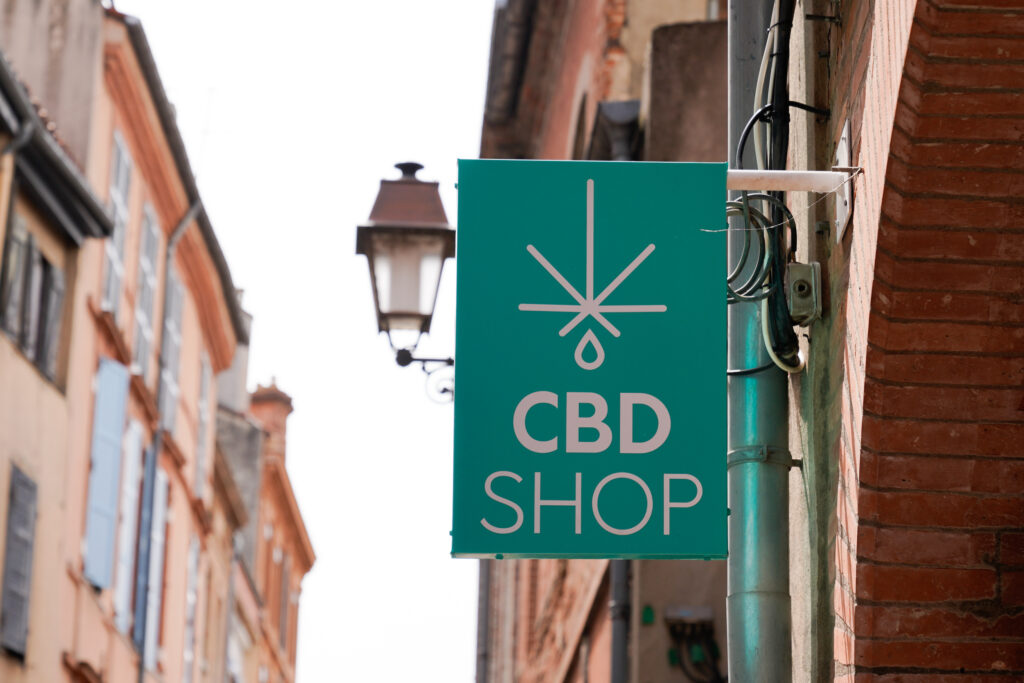The 2018 Farm Bill, signed into law on December 20, 2018, amended the Agricultural Marketing Act of 1946 (AMA) and changed certain federal authorities relating to the production and marketing of “hemp,”. “These changes include removing “hemp” from the CSA’s definition of marijuana, which means that cannabis plants and derivatives such as CBD that contain no more than 0.3% THC on a dry-weight basis are no longer controlled substances under the CSA.” Cannabis and CBD derived from marijuana (i.e., Cannabis sativa L. with more than 0.3% THC on a dry-weight basis) still violate federal law.
On May 2, 2019 the USPTO issued new examination guidelines for marks for cannabis and cannabis-related goods and services.
For applications filed on or after December 20, 2018 that identify goods encompassing cannabis or CBD, the 2018 Farm Bill potentially removes the CSA as a ground for refusal of registration, but only if the goods are derived from “hemp.”
However, not all goods for CBD or hemp-derived products are lawful following the 2018 Farm Bill. Such goods may also raise lawful-use issues under the Federal Food Drug and Cosmetic Act (FDCA). For example, the use in foods or dietary supplements of a drug or substance undergoing clinical investigations without approval of the U.S. Food and Drug Administration (FDA) violates the FDCA. The 2018 Farm Bill explicitly preserved FDA’s authority to regulate products containing cannabis or cannabis-derived compounds under the FDCA. Therefore, registration of marks for foods, beverages, dietary supplements, or pet treats containing CBD will still be refused as unlawful under the FDCA, even if derived from hemp, as such goods may not be introduced lawfully into interstate commerce.
In the case of service marks, when applications recite services involving cannabis-related activities, they will be examined for compliance with the CSA and the 2018 Farm Bill. Such service marks for companies involved in manufacturing, distributing, dispensing, or possessing cannabis “the USPTO will continue to refuse registration when the identified services in an application involve cannabis that meets the definition of marijuana and encompass activities prohibited under the CSA because such services still violate federal law”.
However, Congress is trying to remedy this situation. Introduced in the House on February 2021, The Hemp and Hemp-Derived CBD Consumer Protection and Market Stabilization Act of 2021 (H.R.841). This bill will allow the use of hemp, cannabidiol (i.e., CBD) derived from hemp, or any other ingredient derived from hemp in a dietary supplement, provided that the supplement meets other applicable requirements. (Currently, the Food and Drug Administration’s position is that CBD products may not be sold as dietary supplements.). In the Senate S.1698 – Hemp Access and Consumer Safety Act.
Current law prohibits, with limited exceptions, the sale of food and dietary supplements that contain an ingredient that is an active ingredient in (1) an approved drug, or (2) a drug for which there have been substantial and publicly known clinical investigations. These bills exempts hemp and hemp-derived ingredients, such as hemp-derived cannabidiol, from this prohibition. The Food and Drug Administration may establish labeling and packaging requirements for such foods and dietary supplements.
Until Congress acts, if the items or activities that the mark is intended to be used in connection with are unlawful, actual lawful use in commerce is not possible and there can be no bona fide intent to lawfully use the mark in commerce. Thus, the USPTO will refuse registration of your mark.
Another option is to file for trademark protection at the state level. However, such venue of protection will be limited to states where to states that have legalized marijuana whether for recreational or medicinal use.
I’d like to help by advising you on how to better protect your CBD brands and other intellectual property rights in the U.S. and overseas.



